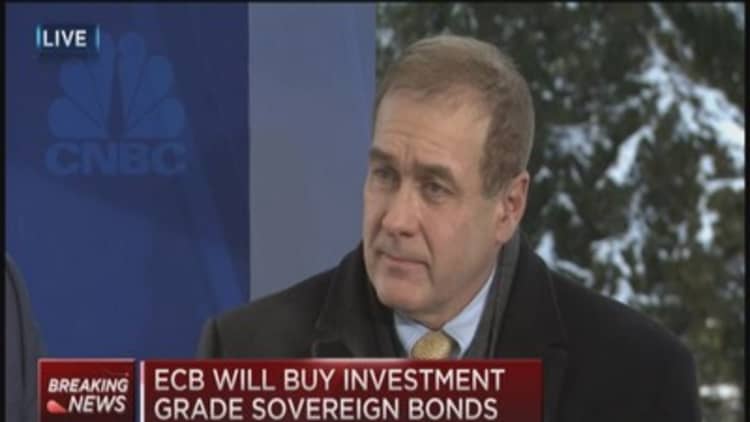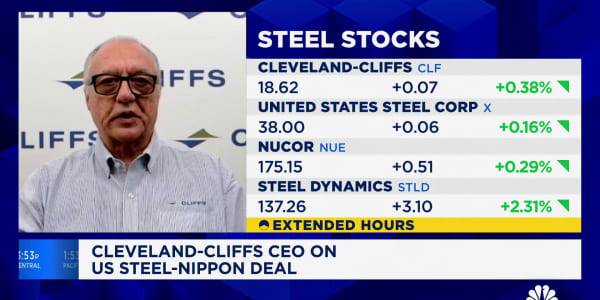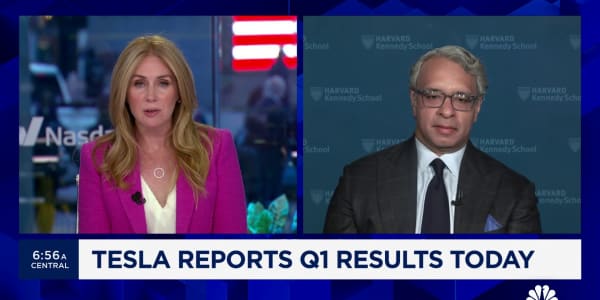The benefits of inflation—including increased employment and general economic stimulus—is a common reason people think monetary stimulus by the European Central Bank will work.
But Scott Minerd of Guggenheim Partners believes that it's really lower interest rates and increased consumer spending that will get Europe out of its economic rut.
"The real transmission mechanism will be if the ECB is able to introduce enough liquidity into the system to drive up asset prices, and through the process of driving up asset prices, drive interest rates down further," Minerd, chief investment officer of $220 billion asset manager Guggenheim, wrote in a recent client note.
"This would reduce borrowing costs for businesses, which would improve profitability and encourage them to hire more workers."

Read MoreECB launches bigger-than-expected QE program
Minerd also wrote that European quantitative easing could cause a so-called wealth effect. That refers to people feeling more wealthy and therefore spending more as the value of their assets increase, such as stocks or home values.
Europeans generally have less of their financial assets in stocks and more in savings, meaning the wealth effect would likely be less pronounced that in the U.S.
Separately, Minerd told CNBC on Thursday at the World Economic Forum in Davos, Switzerland, that the ECB is going to have to buy more bonds than the Federal Reserve did if it wants to boost euro zone economies. The ECB has committed to at least $1.3 trillion in bond buying; the Fed bought about $4.5 trillion of securities.
Regardless, European stimulus could mean good news both regionally and internationally.
"Much of the additional liquidity will leak out into other markets around the world, especially the United States, and we could see equity prices, both in Europe and the United States, move meaningfully higher," Minerd wrote.
"We could also see interest rates in Europe and the United States rise significantly in the second half of the year as the market gains confidence that all of this liquidity is leading to stronger economic growth."
Read MorePlunging oil, European bond buying are a big help, officialstell Davos






